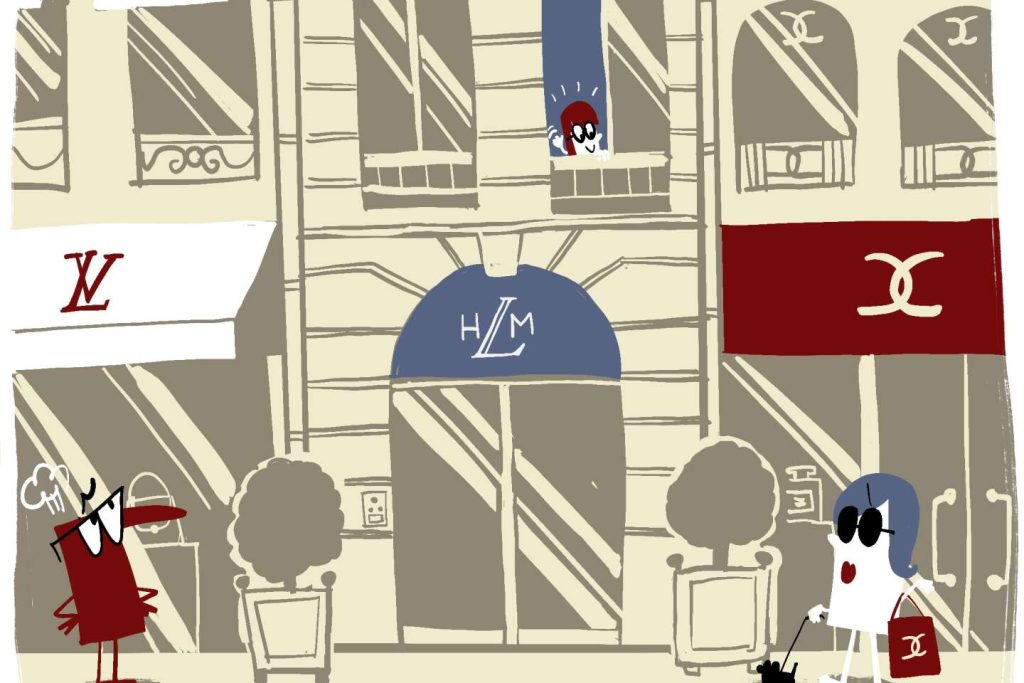The Diocese of Paris recently discovered by chance that several private Catholic schools in the city had been marked with colored stickers by the municipality. This marking, known as “pastillage,” indicates that the city plans to develop social housing in these locations in the future. The Church was not informed about this plan, which was part of a larger initiative to address the rising real estate prices and rents in Paris, as well as the declining population. When buildings are marked with stickers, owners are required to allocate a portion of the space for social housing when undertaking major renovations or extensions.
The City of Paris has significantly increased the number of properties marked with stickers as part of its urban development plan, with a goal of creating 12,000 new housing units by 2035, predominantly for social housing. Even prestigious neighborhoods like the Champs-Elysées and the Place de la Madeleine have been included in this initiative. Despite criticism, city officials argue that it is important to have social housing in all areas of Paris, especially in those facing a shortage. For example, the Champs-Elysées area has a high vacancy rate, and developing social housing there could improve safety and liveliness.
The Diocese of Paris was not consulted about the plan to mark several Catholic schools with stickers for potential social housing development. This lack of communication has raised concerns among the Church officials, who were surprised to discover that eight schools were included in the initiative. The purpose of “pastillage” is to encourage property owners to contribute to the social housing stock in the city, ensuring that a portion of their buildings is allocated for affordable housing. This tool has been used by the City of Paris since 2006, but the recent increase in marked properties reflects a more aggressive approach to address the housing crisis.
The decision to mark various properties in Paris with stickers for potential social housing development was part of a larger effort by the city to address the housing crisis, particularly for low-income residents. By increasing the number of marked properties in its urban development plan, the City of Paris aims to create more affordable housing options and improve access for those in need. Despite some opposition to this initiative, city officials argue that it is essential to have social housing in all areas of Paris, including prestigious neighborhoods, to ensure a more equitable distribution of housing options.
In conclusion, the City of Paris has implemented a plan to mark various properties with stickers for potential social housing development as part of its urban development strategy. While this initiative has faced some criticism, city officials believe that it is essential to address the housing crisis and provide affordable housing options for low-income residents. The Diocese of Paris was caught off guard by the inclusion of several Catholic schools in this plan, highlighting the need for better communication between the city and relevant stakeholders. Despite the challenges, the city remains committed to increasing its social housing stock and creating a more equitable housing landscape for all residents.


